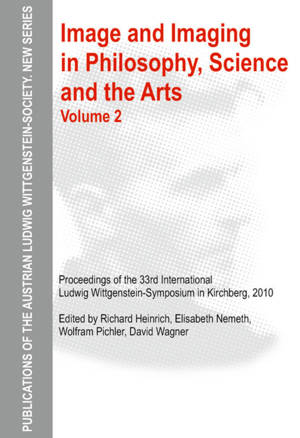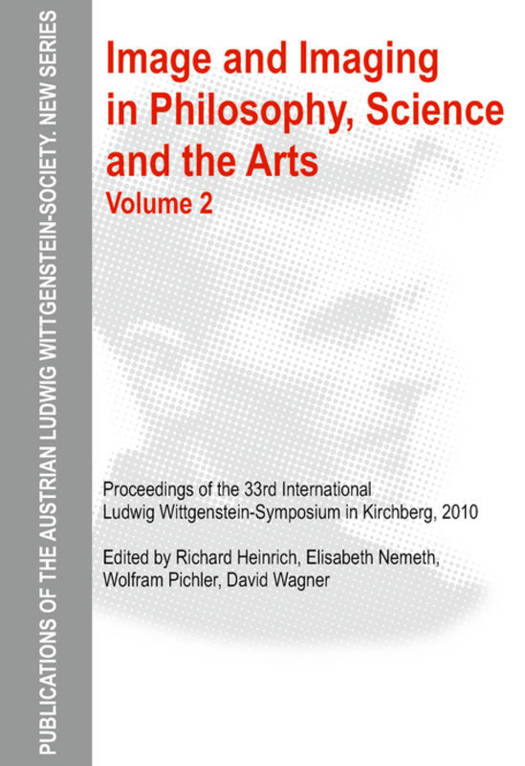
- Afhalen na 1 uur in een winkel met voorraad
- Gratis thuislevering in België
- Ruim aanbod met 7 miljoen producten
- Afhalen na 1 uur in een winkel met voorraad
- Gratis thuislevering in België
- Ruim aanbod met 7 miljoen producten
Volume 2
Omschrijving
Diagrams are an essential part of the most diverse processes of communication and cognition. Indeed, today the production of all kinds of text (including this one) is mediated by diagrammatic tools to be found on computer desktops. Not surprisingly, then, diagrams have become the object of much historical and theoretical work. This book--volume 2 of the Proceedings of the 33rd International Wittgenstein Symposium--is dedicated to this quickly growing field of interdisciplinary research. It includes contributions from philosophy, sociology (space syntax), art history, and history of science. Historically, there is a focus on Otto Neurath and his famous visual language (ISOTYPE), while the new attempts at theorizing diagrams presented here are mainly inspired by Charles Sanders Peirce and Ludwig Wittgenstein.
Specificaties
Betrokkenen
- Uitgeverij:
Inhoud
- Aantal bladzijden:
- 387
- Taal:
- Duits
- Reeks:
- Reeksnummer:
- nr. 17
Eigenschappen
- Productcode (EAN):
- 9783110330120
- Verschijningsdatum:
- 30/07/2011
- Uitvoering:
- Hardcover
- Formaat:
- Genaaid
- Afmetingen:
- 152 mm x 229 mm
- Gewicht:
- 884 g

Alleen bij Standaard Boekhandel
Beoordelingen
We publiceren alleen reviews die voldoen aan de voorwaarden voor reviews. Bekijk onze voorwaarden voor reviews.











